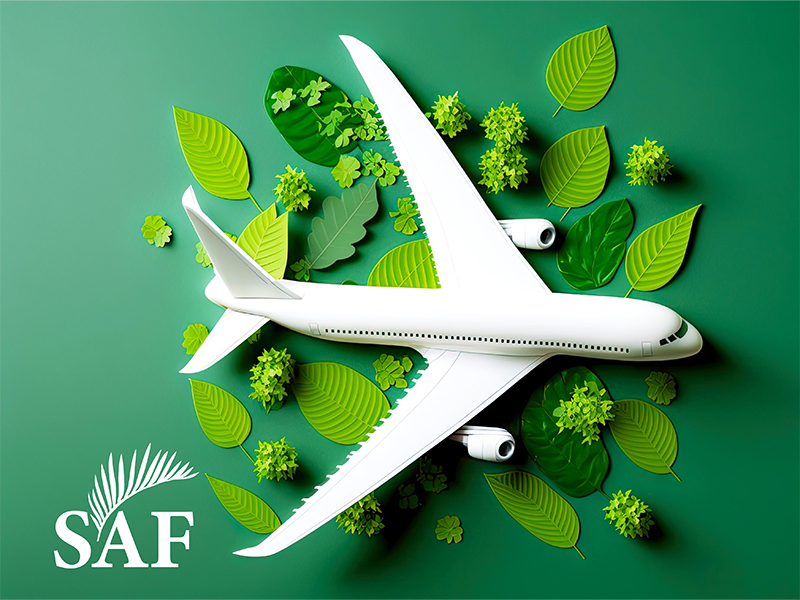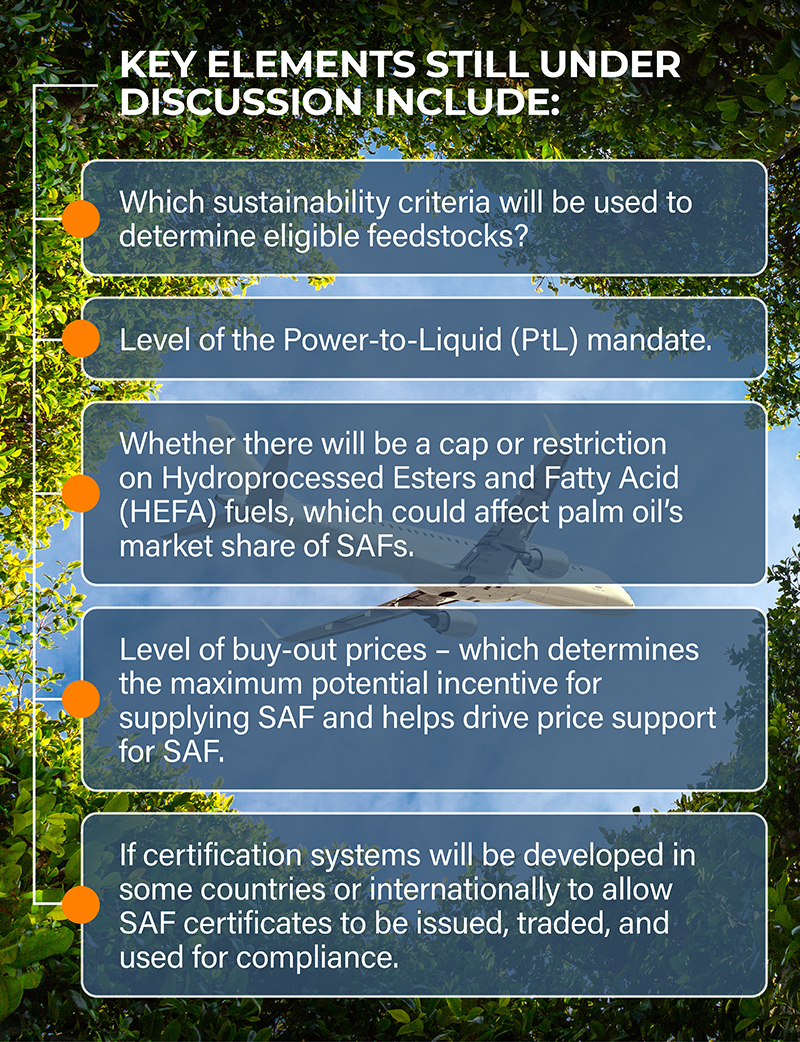Palm Oil-Derived Sustainable Aviation Fuel: Malaysia's Crucial Role in Emission Reduction
Discover how by-products from palm oil production could transform the future of aviation while global regulators and the aerospace industry navigate critical decisions on SAF feedstocks.

Palm oil derivatives are currently being used around the world for testing and rolling out the future of Sustainable Aviation Fuel (SAFs). Malaysian companies have the potential to provide an extensive and consistent supply of such circular-economy feedstocks, which could revolutionise the future of aviation emissions.
The fuels in question are mostly by-products from palm oil production, such as Palm Oil Mill Effluent (POME), Palm Oil Fatty Acid Distillate (PFAD), and used biomass such as empty fruit bunches. Importantly, under the "sustainability" definition, these are by-products and have no intrinsic value of their own or reasons to be produced except as a by-product.

The European Union, the US, and the UK are in the midst of considering or already implementing new laws relating to the use of SAFs – increasing their use and, in some cases, mandating quotas and targets. The details of these regulations will be crucial in ensuring that it can successfully attract the best SAF feedstocks – such as palm-based by-products, which is the most efficient oilseed crop in the world.
As global regulators debate these issues, and despite protectionist lobbying by local fuels, for example in Europe where lobbying is currently pursued to reject palm oil as a SAF feedstock, the aerospace and aviation industry is moving forward apace. Test flights, such as those conducted by Boeing, are taking place, and multiple commercial airlines worldwide have conducted test flights with SAF blends, including palm-based by-products as a feedstock.



